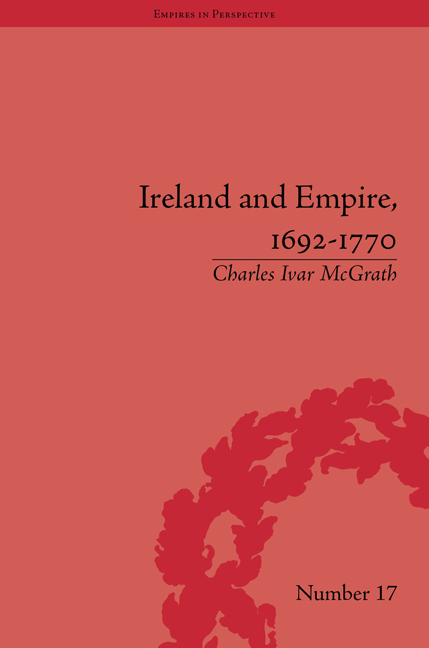Conclusion
Summary
In 1770 Ireland was on the cusp of a new era with regard to politics, religion and society. Internal and external pressures brought about the commencement of the repeal of the penal laws against Catholics in the 1770s and Patriot politics finally secured significant constitutional alterations in the relationship with Britain in 1782. The American and French Revolutions also encouraged existing and created new and varying degrees of radicalization within certain sectors of Irish society in political terms. One result of these various changes was the outbreak of rebellion in 1798, more than 100 years since countrywide violence had last engulfed Ireland. Another was the passage of the Act of Union in 1800, which put an end to the Irish parliament and the associated constitutional anomalies of the preceding centuries. These two events were synonymous with a seismic shift in Irish–British relations, as the subordination of Ireland as a dominion or province of the empire was finally clarified, confirmed and concluded. Thereafter, Ireland's role in the empire began to change, as did the variety of ideas about Irish identity, separateness and, eventually, nationality, with dramatic and at times violent results at political, constitutional, religious, social and economic levels.
The 1798 Rebellion and the Act of Union therefore also marked the end of a very particular phase in Ireland's role within the empire. In 1770 the army in Ireland had finally been augmented beyond the 12,000 limit set in 1699. Thereafter Ireland was able to make an even more telling contribution of men and money to the empire in the final thirty years of the eighteenth century. The American War of Independence required more soldiers from Ireland, which, as has already been seen, resulted in among other things Catholic recruitment increasing dramatically. It also required a significant escalation in Ireland's financial commitment to the empire, which was compounded by the French Revolutionary wars. Total expenditure increased fairly steadily from £1,142,269 in 1784 to £6,615,959 in 1800. A new requirement entered Irish governmental expenditure in 1783, with £49,478 being spent on the navy.
- Type
- Chapter
- Information
- Ireland and Empire, 1692–1770 , pp. 217 - 218Publisher: Pickering & ChattoFirst published in: 2014



